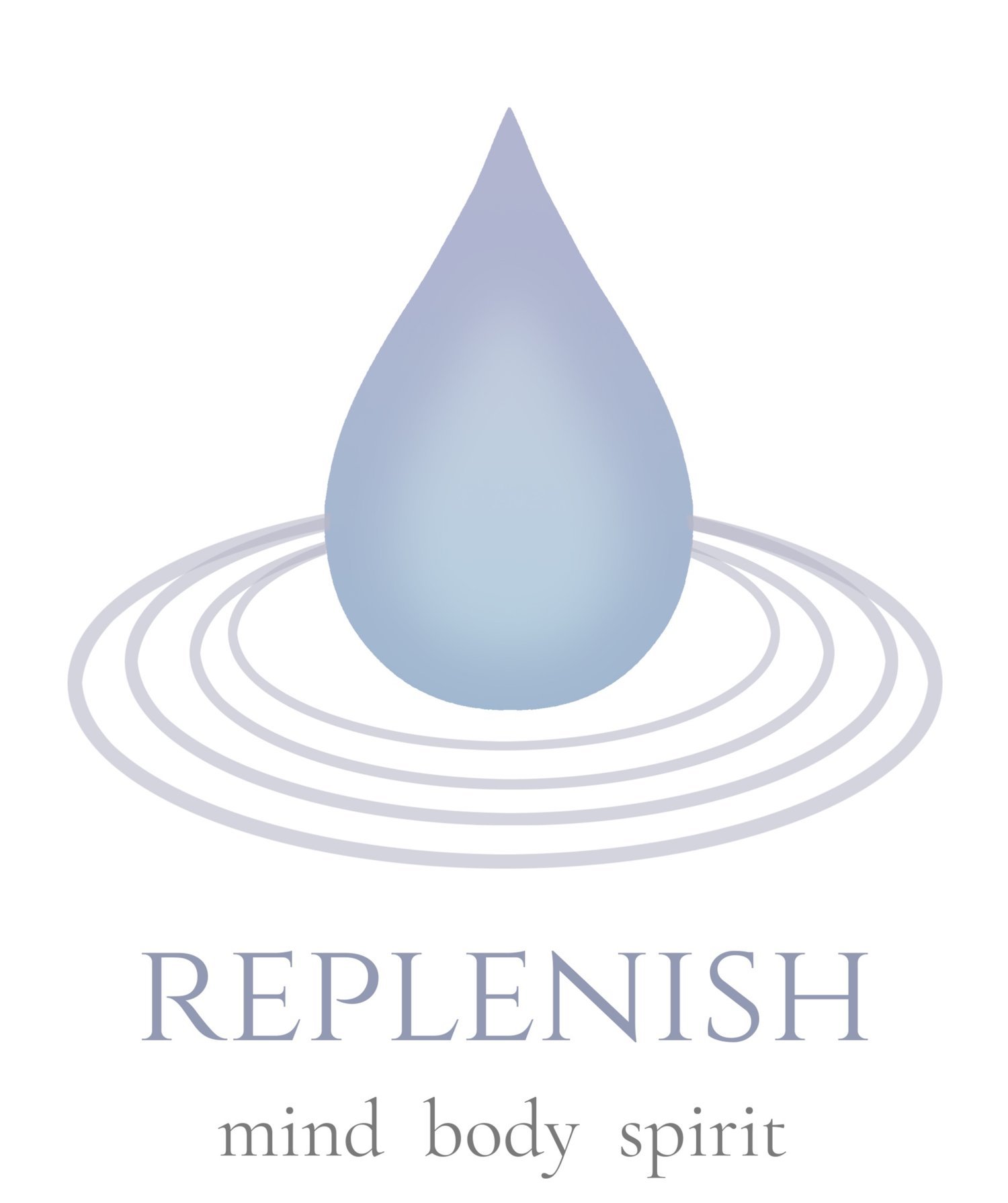The Self-Care-Leadership Connection
Pam Mulligan, BSN, RN, NBC-HWC
“Leaders who prioritize self-care are better equipped to support their employees’ well-being and lead with greater empathy and strength.”
It’s time to recognize that self-care is not a luxury—it’s a leadership imperative. This study shows prioritizing self-care not only benefits leaders themselves but also fosters a healthier, more engaged, and productive workplace. Leadership well-being is integral to authentic leadership, which is known to positively influence morale, reduce stress, and enhance job satisfaction, all of which directly impact overall team performance.
Leaders who utilize this holistic approach model self-awareness, self-care, resilience, ethical behavior and prioritize their own health and well-being. They foster a culture of trust by exhibiting skills such as emotional intelligence, mindfulness, and self-compassion—skills that enable them to connect genuinely with their teams and inspire a shared commitment to health and well-being.
Professions rooted in compassion and service are at great risk of the negative impacts of chronic stress. The constant sense of being "on" and responsible weighs heavily, often causing leaders to neglect their own needs while meeting the demands of their role. Real and unspoken barriers exist to seeking support, showing vulnerability, or engaging in self-care during the workday. Over time, this lack of balance can not only reduce effectiveness but also generate feelings of isolation and distress, erode well-being, and often lead to burnout.
Key Strategies
These strategies will help you sustain energy, focus, and emotional balance so you can lead effectively. By incorporating these practices, leaders not only enhance their own well-being but also foster a work environment where employees feel supported in maintaining their health.
Create a daily routine that incorporates time for self-check-ins to identify and prioritize your needs, including physical activity, relaxation, and mental breaks.
Set boundaries to protect your time and mental space. Leaders who model boundary-setting empower their teams to do the same.
Prioritize restorative pathways that meet individual needs for rest and recovery, mobility and strength, as well as mental health and well-being.
Delegate and ask for help. Leaders often take on too much, which leads to stress. Sharing the load fosters collaboration and relieves pressure.
We know from experience, that we must include ourselves in the care we give, but we also recognize the unique barriers and challenges leaders face, especially in healthcare. Replenish at Work™ is a resource created by nurses to support health and well-being from the inside out while navigating the high demands of service oriented professions.
Our program
offers self-assessment tools, like the NEED framework, to help people check in with their mental, physical, and emotional states. It emphasizes the importance of mindfulness, emotional awareness, and self-compassion to foster resilience and prevent burnout.
Through reflection exercises and personalized care plans, we encourage you to prioritize your own health and well-being alongside your professional duties.
Because we are nurses, we begin with an assessment:
A Self Pulse Check…
The Pulse Check is a crucial self-assessment tool that helps you regularly evaluate your mental, emotional, and physical well-being. It encourages proactive reflection to detect early signs of distress before it escalates, supporting overall health and resilience. By integrating this into your routines, you can address your needs in real time, ensuring you maintain balance while caring for or leading others.
To perform a Pulse Check, follow these steps:
Take a Moment
Mind: Ask yourself, How present am I? Consider what thoughts or emotions are occupying your mind.
Body: Conduct a quick body scan from head to toe, asking How is my physical body? Identify areas of tension or discomfort.
Heart: Reflect on How am I feeling emotionally right now? Pay attention to emotional sensations in your body and assess whether you feel connected to support.
This simple yet effective check-in can guide you to take immediate, restorative action, ensuring your well-being is prioritized alongside your work and home responsibilities.
By being in tune with our values, motivations, and reactions, we make aligned decisions, and lead from a place of authenticity, integrity and transparency.
This framework applies to any leadership position, but for our Nursing Leaders:
Check out this recent program feedback from our Nursing Leaders Retreat.
The American Association of Critical-Care Nurses (AACN) includes Authentic Leadership as one of the core standards for establishing a healthy work environment, emphasizing its role in creating sustainable, supportive workplaces for healthcare professionals.
You are not alone. We can grow compassionate change and build healthy infrastructures by creating stronger networks of support together.
More Nourishing Support
A Self-Care Checklist for Leaders
As always, I am here for guidance and support.
With steadfast love,
Pam



